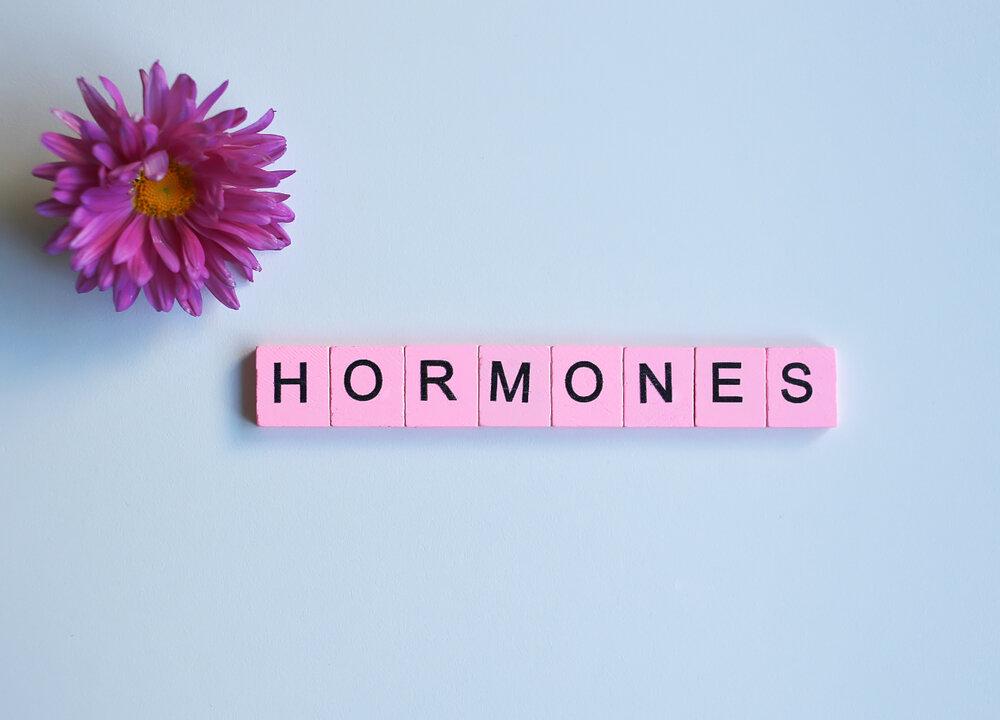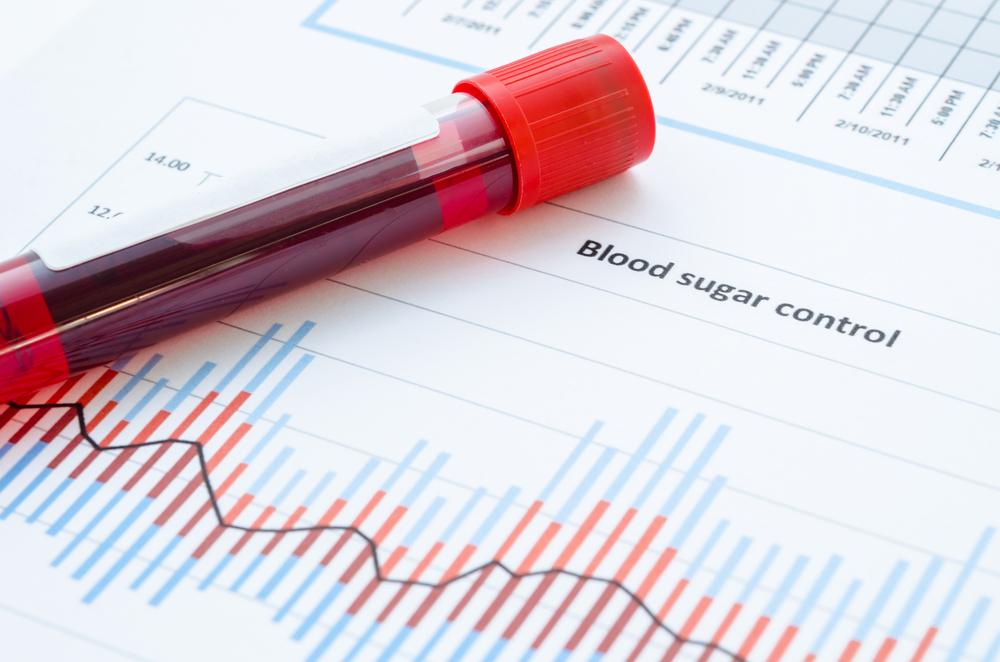B12 injections have been used to treat anemia since the 1930′s. It wasn’t long after that people started using them to treat anemia that doctors discovered these shots had much wider uses – including reducing stress and fatigue, helping sleep patterns, supporting cognitive function, and boosting cardiovascular health.
These quick and effective nutrient injections are not just for the sick anymore. In fact, they are being widely used by some of the most successful and healthy people in the world to give them that extra edge. Many swear this is the pick-me-up they need to stay on top of their health and supplement their busy schedules and travels.





